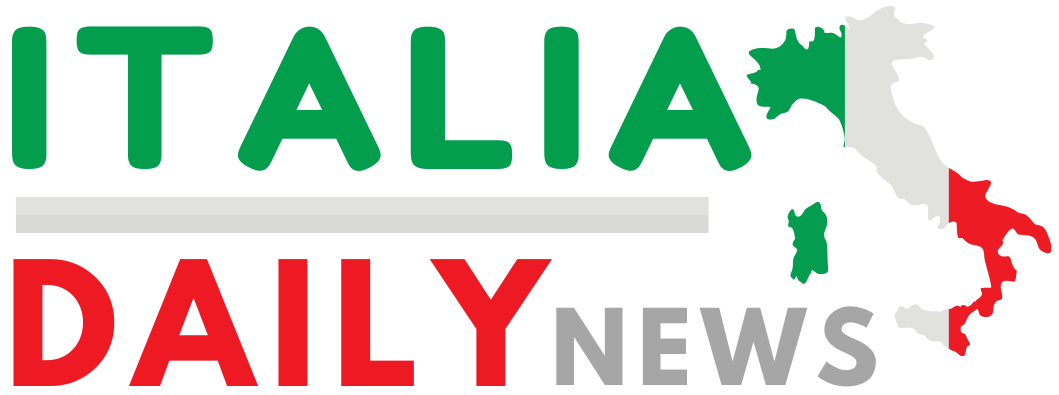Saudi Arabia’s $55bn EA takeover cements its global gaming ambitions


Saudi Arabia has taken a decisive step toward becoming the world’s gaming hub after its $55 billion (£41 billion) acquisition of US game publisher Electronic Arts (EA) — the largest leveraged buyout in corporate history.
The deal, orchestrated through the Public Investment Fund (PIF), the kingdom’s $700 billion sovereign wealth fund, gives Crown Prince Mohammed bin Salman control over one of the industry’s biggest names — and access to hit franchises including EA Sports FC, Battlefield, and The Sims.
It marks the most audacious move yet in Riyadh’s drive to diversify the economy and project global cultural influence through gaming, sport, and entertainment.
“It is the missing piece of the puzzle for their games and reputation washing strategy,” said George Osborn, editor of the Video Games Industry Memo. “It is everything Saudi Arabia wants in one place.”
The deal was sealed just weeks after Team Falcons, a Saudi esports team backed by PIF, triumphed at the Esports World Cup in Riyadh, an event that drew three million spectators and international attention.
The Crown Prince, who presented the winners’ trophy himself, is reported to be a “massive gamer” and long-time fan of titles such as FIFA — now rebranded EA Sports FC.
With the EA acquisition, Saudi Arabia’s influence stretches across the gaming ecosystem, from esports tournaments and streaming platforms to blockbuster console titles.
The kingdom plans to invest $38 billion in gaming and esports by 2030, as part of its Vision 2030 economic diversification programme.
Through PIF-owned Savvy Games Group, Saudi Arabia has already amassed stakes in Nintendo, Capcom, and Take-Two Interactive, the publisher of Grand Theft Auto.
It also holds a 6% stake in Take-Two, despite previously banning GTA and other games with sexual or violent content.
Analysts say the latest deal positions Saudi Arabia as a central player in the $184 billion global gaming market, which now surpasses both film and music in combined value.
“The value EA offers Saudi Arabia cannot simply be measured by financial performance,” said Piers Harding-Rolls, analyst at Ampere Analysis. “It fits into the PIF’s strategy of accumulating soft power through entertainment and sports.”
The acquisition also serves geopolitical and diplomatic goals, tightening ties between Riyadh and Washington. The buyout consortium includes US private equity group Silver Lake and Affinity Partners, a firm founded by Jared Kushner, son-in-law of former US president Donald Trump.
Kushner’s firm will own around 5% of EA, while the PIF will remain the majority shareholder. Saudi Arabia is also a significant investor in Kushner’s fund, deepening a relationship that analysts say will help ease national security scrutiny in the US.
“It’s a power play,” said Osborn. “This kind of deal would not have been possible without the Trump administration and Jared Kushner’s influence.”
Since becoming Crown Prince in 2017, Mohammed bin Salman has sought to wean Saudi Arabia off oil and build influence through sports, culture and technology.
The PIF’s acquisitions now span football, golf, Formula 1, wrestling and esports, part of what observers describe as a “soft power accumulation strategy” designed to attract global audiences and reshape perceptions of the kingdom.
“Video games and esports represent the Saudi embrace of classic soft power — the pursuit of eyeballs and influence,” Osborn added.
Critics, however, accuse Riyadh of using these investments for “sportswashing”, to divert attention from human rights abuses and censorship. Saudi Arabia ranks 162 out of 180 on the Reporters Without Borders Press Freedom Index, and Human Rights Watch has accused the government of using high-profile cultural investments to “whitewash its abysmal human rights record.”
The $55bn EA takeover — financed with around $20bn of debt — will make the Saudi state a dominant shareholder in one of gaming’s most profitable publishers. Analysts warn, however, that the heavy leverage could prompt job cuts or asset sales.
EA has already laid off hundreds of staff, including at its UK-based Codemasters division, and is expected to rely more heavily on AI-assisted game development to cut costs.
EA chief executive Andrew Wilson insisted that “our values and commitment to players and fans around the world remain unchanged” following the takeover.
Still, some industry insiders worry the new ownership could influence creative decision-making — especially given Saudi Arabia’s strict censorship policies on games featuring violence or same-sex relationships.
Saudi Arabia’s growing presence in gaming has drawn pushback from some players and developers.
Professional esports gamer Twistzz said he rejected a lucrative offer to join the Saudi-owned Team Falcons, citing “morals” over money. Meanwhile, popular developer GeoGuessr withdrew from the Esports World Cup following protests from its community.
“If I wanted the bag and didn’t care about my career, I’d go to Falcons,” Twistzz said. “But I have morals — it’s not about the money.”
Despite the backlash, Riyadh’s gaming ambitions show no sign of slowing. The EA acquisition positions Saudi Arabia as a dominant player in one of the fastest-growing global industries — one with enormous cultural reach and political leverage.
With massive investment, strategic partnerships and a long-term vision, Crown Prince Mohammed bin Salman has turned gaming into the kingdom’s next frontier for influence — one that blends economics, diplomacy, and entertainment on a global scale.
Read more:
Saudi Arabia’s $55bn EA takeover cements its global gaming ambitions








